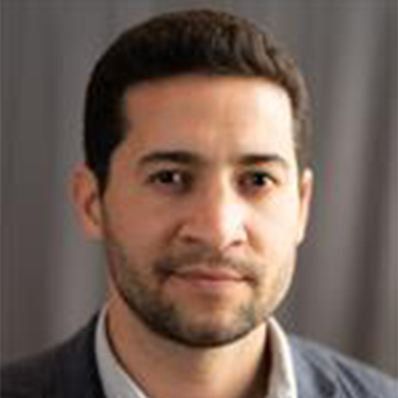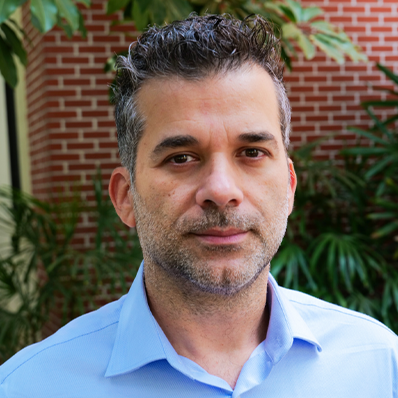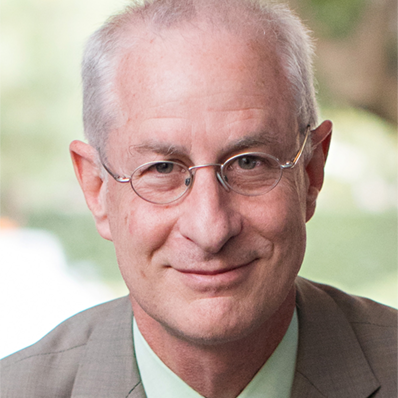Charaziak, Karolina
Assistant Professor of Otolaryngology-Head and Neck Surgery
Hearing loss is one of the most common sensory disabilities, with 350 million people worldwide suffering from hearing impairment. Unfortunately, the development of intervention strategies for overcoming the effects of sensory impairment is hampered by limited understanding of both how the normal inner ear processes environmentally relevant sounds and how disruptions in this processing can be identified and diagnosed. Thus, in our lab we aim to advance this knowledge by studying how the cochlea of the inner ear processes both simple and environmentally relevant sounds. We utilize approaches that combine both direct (e.g., intracochlear vibrometry) and indirect (e.g., otoacoustic emissions, electrophysiology) measurements of cochlear responses with theoretical modeling. Joint intracochlear and otoacoustic emission/electrophysiological studies informed by theoretical models are crucial for improving the power of diagnostics in humans, where the cochlea cannot be accessed for a direct study.
Ching, Christopher
Assistant Professor Of Research Neurology
Dr. Ching’s research focuses on neuroimaging and genomic markers of psychiatric and neurodegenerative disorders. As a core organizing member of the Enhancing Neuro Imaging Genetics through Meta-Analysis (ENIGMA) Consortium, he designs and implements standardized processing and analysis techniques for large-scale neuroimaging studies. He leads the ENIGMA Bipolar Disorder Working Group, an effort pooling data and resources from around the world to improve our understanding of the biological processes driving bipolar disorder, and studies rare copy number variants like 22q11.2 Deletion Syndrome to understand how genetic mutations can lead to increased risk for developing psychiatric illness. He leads several large-scale transdiagnostic neuroimaging and genomic initiatives using machine learning to map common and distinct brain and clinical factors across mental illnesses.
Choupan, Jeiran
Assistant Professor Of Research Neurology
I have been working in the field of neuroimage processing and computational neuroscience since 2009. My focus is on employing advanced neuroimaging and machine learning techniques to improve structural and functional mapping of the brain to study neurodegenerative disorders. In particular, my main research focus is on mapping vascular and perivascular features of the brain across lifespan in health and in the presence of cognitive decline and dementia. Perivascular space is a major component of the brain clearance system and plays an important role in maintaining a healthy functioning brain, particularly in elderly and individuals at risk of neurodegenerative disease.
Christopoulos, Vasileios
Assistant Professor of Biomedical Engineering
Prof. Christopoulos' research focuses on understanding the neural mechanisms underlying higher-order cognitive functions, such as decision-making, motor learning, and motor control. In recent years, he has expanded his research to include clinical studies on patients with brain and spinal cord injuries. His work encompasses intracortical Brain-Machine Interface research in individuals with tetraplegia and the use of functional ultrasound imaging in patients undergoing surgery for brain and spinal cord disorders. His innovative research aims to bridge the gap between basic neuroscience and clinical applications, contributing to advancements in neurotechnology and neurorehabilitation.
Cohen, Pinchas
Distinguished Professor of Gerontology, Medicine and Biological Sciences
The Cohen lab studies mitochondrial microproteins. We take a systems biology approach to mitochondria, looking at mitochondrial ORFomics, mito-genomics, mitochondrial-epigenetics, mito-transcriptomics and mitochondrial-proteomics. Our discovery pipeline involves novel bioinformatic approaches to clone and advance disease-relevant mitochondrial-derived peptides. We utilize MiWAS (mitochondrial GWAS), MDPseq (mitochondrial RNAseq) and related tools, to identify new microproteins involved in diseases of aging. Over the last two decades we described multiple novel genes including humanin and its cytoprotective and neuroprotective roles; MOTS-c, which is an exercise-mimetic peptide in which a loss-of-function mutation predisposes to diabetes, that has been advanced to clinical trials in humans; SHLP2, which is involved in neurodegenerative diseases; SHMOOSE, a neuroprotective microprotein that harbors a mutation that predisposes to Alzheimer’s disease, and multiple other previously unrecognized microproteins. Our goal is to continue to develop diagnostic tools and therapeutic targets for health aging
Coricelli, Giorgio
Professor of Economics and Psychology
We study human behaviors emerging from the interplay of cognitive and emotional systems. Our research agenda includes two main projects. The first one concerns the role of emotions in decision making, and the second is aimed at investigating the relational complexity in social interaction. Our objective is to apply robust methods and findings from behavioral decision theory to study the brain structures that contribute to forming judgments and decisions, both in an individual and a social context.








